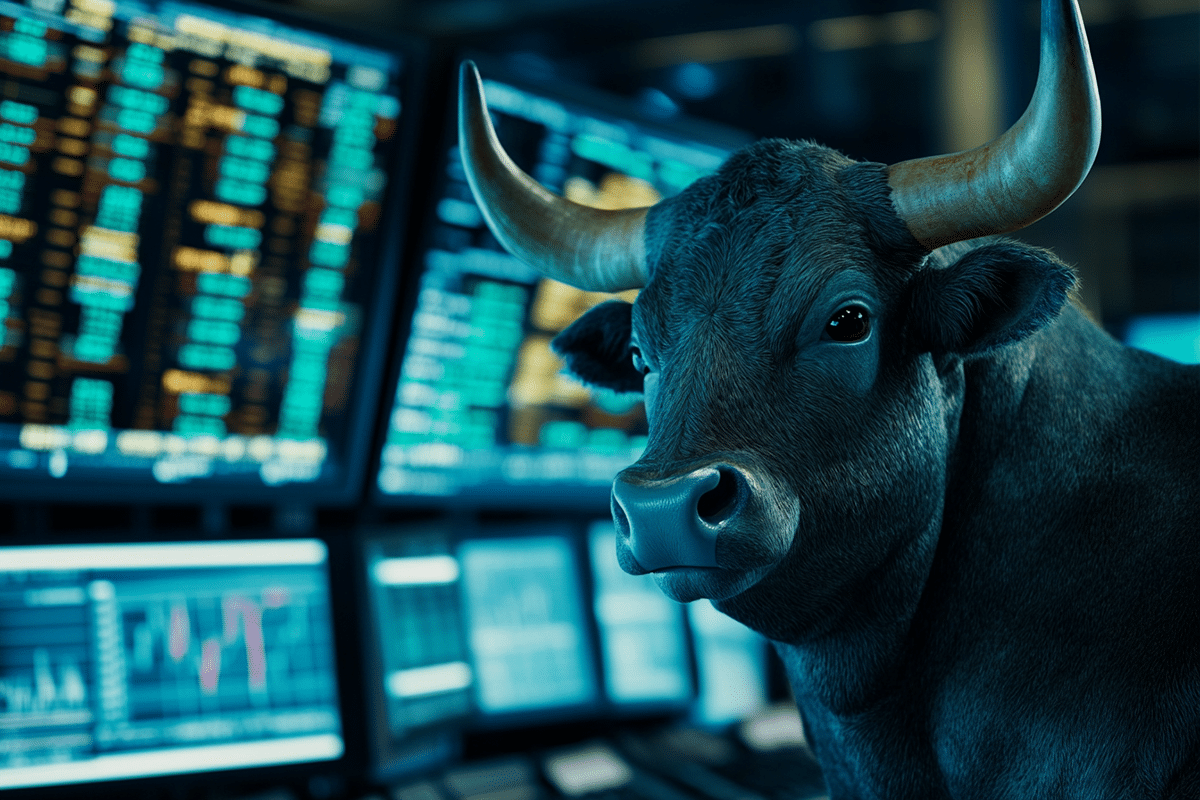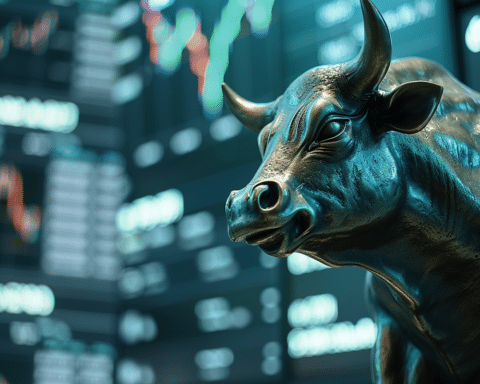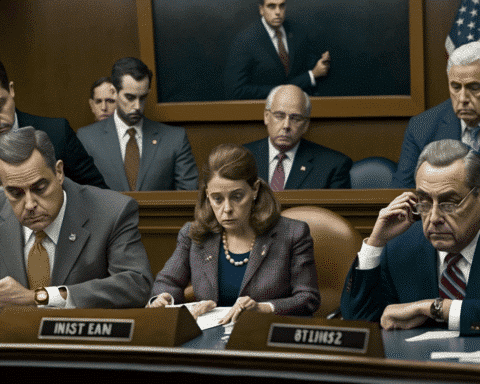Warren Buffett, widely regarded as the greatest investor of all time, continues to make waves in the financial world. Known for his decades-long success at the helm of Berkshire Hathaway, Buffett’s strategic decisions have not only built immense wealth for the conglomerate but also provided keen insights for investors globally. His recent actions, however, suggest a cautious approach that serves as a potential warning sign for the stock market.
A Shrinking Portfolio Amid Market Optimism
For the third consecutive quarter, Berkshire Hathaway’s portfolio has seen a significant contraction. According to the company’s latest 13F filing, the portfolio decreased from $280 billion to $266 billion during the most recent quarter, a sharp decline from $352 billion at the close of 2023. This reduction comes despite the broader market enjoying a robust bull run.
Adding to the cautious sentiment, Berkshire did not repurchase any of its own shares during the quarter, marking the first time in six years that the company has refrained from such buybacks. This dual strategy of reducing equities and avoiding share repurchases underscores a conservative stance amid what Buffett appears to view as inflated market valuations.
Strategic Stock Transactions
Berkshire Hathaway’s stock transactions over the quarter further highlight its defensive positioning. The company offloaded significant holdings in several high-profile companies, including:
- 100,000 shares of Apple
- 235,168,699 shares of Bank of America
- 719,052 shares of Capital One
- 20,679,787 shares of Nu Holdings
- 1,007,062 shares of Charter Communications
- 665,903 shares of Ulta Beauty
- 3,977,870 shares of Floor & Decor
While selling these positions, Berkshire also made selective purchases, albeit on a much smaller scale. It acquired 1,277,256 shares of Domino’s Pizza, 5,445 shares of Heico, and 404,057 shares of Pool Corp. This disparity between sales and purchases suggests a strategy focused on consolidating cash reserves rather than aggressively pursuing new opportunities.
Defensive Strategies and Market Indicators
Berkshire’s actions appear to align with Buffett’s assessment of the current market environment. Apple, the company’s largest holding, has been systematically reduced from 915.6 million shares to just 300 million since late 2023, generating approximately $120 billion in cash. This move reflects an effort to hedge against potential risks, including changes in tax policy and concerns over the growing national debt.
Instead of reinvesting heavily in equities, Berkshire has shifted its focus toward Treasury bills, emphasizing safety over the potential for higher returns. The current market landscape, characterized by a price-to-earnings ratio of 30 for the S&P 500 and near-record highs for the CAPE ratio, appears to validate this conservative approach.
A Strong Economy but Expensive Stocks
Despite Buffett’s cautious maneuvers, the broader economic indicators remain strong. Low unemployment rates, controlled inflation, and recent interest rate cuts by the Federal Reserve point to a favorable economic environment. Additionally, technological advancements, particularly in artificial intelligence, have contributed to substantial gains in the stock market, with companies like Nvidia reaching historic valuations.
Investor optimism has also been buoyed by expectations of further tax cuts and deregulation under the Trump administration. These factors have inflated stock prices, driving valuations higher across the board. However, such elevated levels of optimism and frothy valuations may not align with long-term sustainability, an outlook that Buffett’s actions seem to reflect.
What It Means for Investors
Buffett’s strategy serves as a reminder of the importance of prudence in investing, particularly during periods of market euphoria. While he has not explicitly predicted a market correction, his moves signal that current stock prices may be too high relative to their intrinsic value. For investors, this could mean exercising caution, diversifying portfolios, and preparing for potential volatility in the months ahead.
As Buffett’s decisions show, even in a thriving market, it pays to keep an eye on the fundamentals. Investors looking to navigate these uncertain times may benefit from following Berkshire Hathaway’s lead in balancing growth opportunities with defensive measures.




